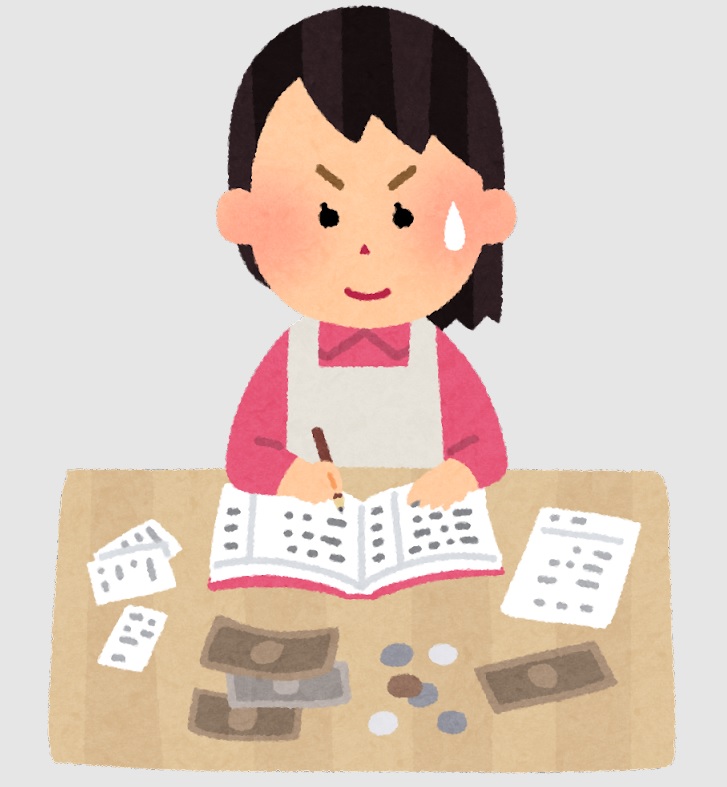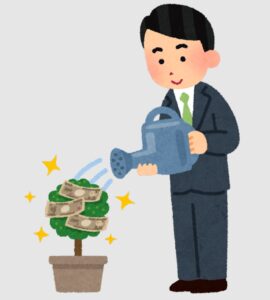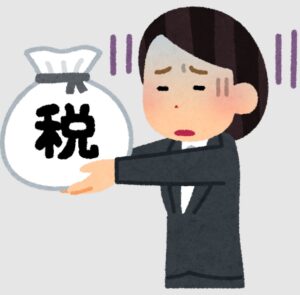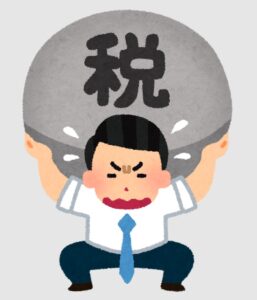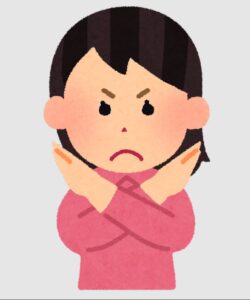管理人オススメコンテンツはこちら
「人生が充実しません|支出を把握して固定費をガッツリ削る方法」
〜前回のつづき〜
●お金を貯めたいなら~これが最短ルート~(つづき)

解決法(2)支出を把握して見直す
これもすごく大切ですね。
何にいくら使ってるのかを
把握するという事です。
これは1ヶ月分でもいいので
きっちりやってみていただきたい。
固定費と変動費を洗い出す
という事です。
a)固定費
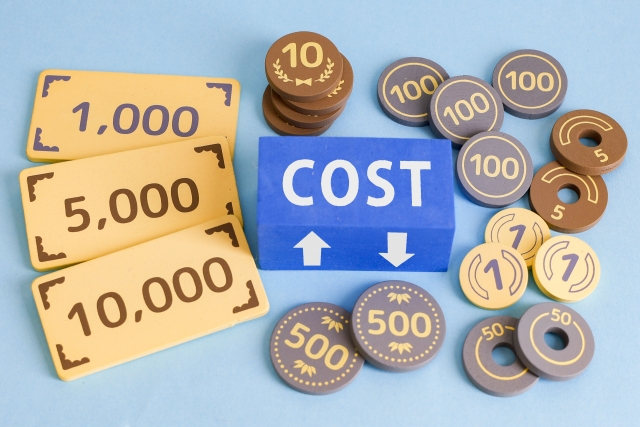
毎月必ず掛かるものです。
・家賃
・スマホ代
・ネット回線
・保険代
・車
・水道光熱費
絶対この金額がかかる
というものですよね。
b)変動費
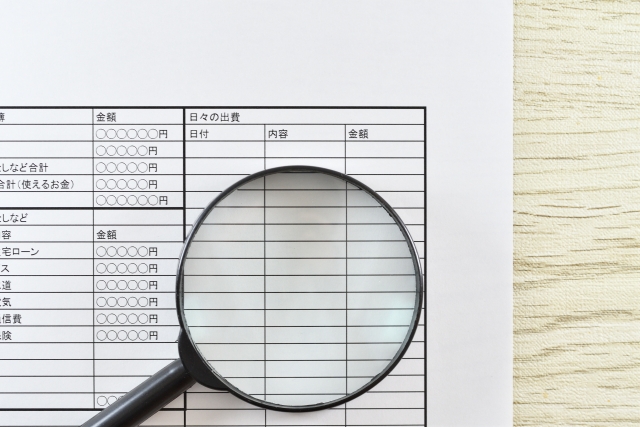
毎月かかるけど
上下するものですよね。
・食費
・交際費
・服
・雑費
特に雑費はもう少し細分化が必要で
・書籍代
などちゃんと書く方がいいですね。
1ヶ月分でもいいので
全て洗い出してちゃんと見直す。
貯金出来ない人は
ここを把握出来てない人が
多いんですよ。

みたいな。
お金が貯まらないという人に
何にお金を使っているのか聞いてみても
これにいくら
あれにいくら
とはなかなか言えないんですよ。
そういう人が多いので
支出を洗い出して見直すという事が
大切です。
そして
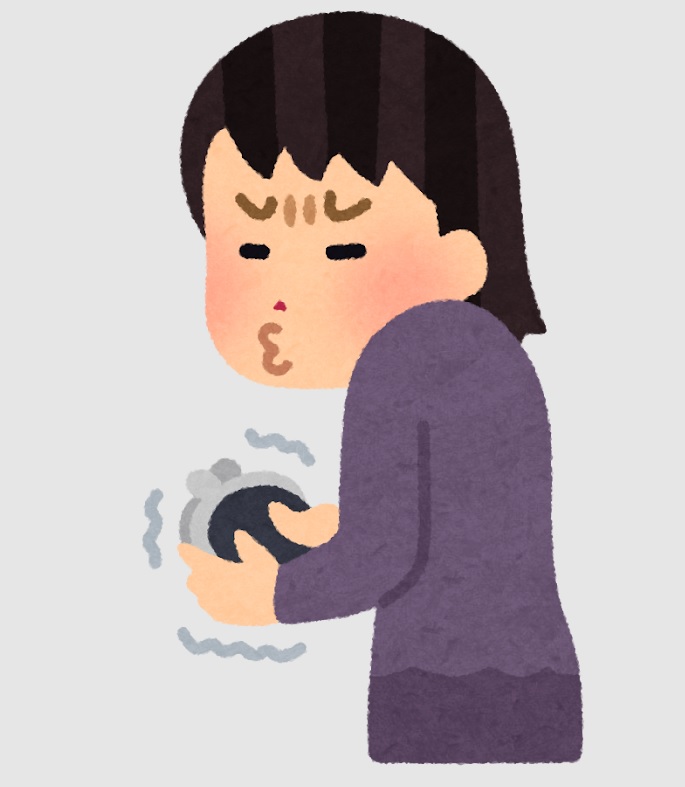
支出を抑える。
1ヶ月分見直して
どこにお金が掛かっているのかを
ちゃんと把握して
そして支出を抑えていく
という事です。
大きな固定費を削減しよう
という事ですね。
例えば
旦那さんの所得が
手取り30万円だとすると
こんな感じで
モデルケースで出したんですけど
どこを削るかという事ですよね?
・家賃 7〜9万円
・保険 2〜5万円
・車 3〜5万円
・携帯 1〜2万円
・食費 6万円
・電気ガス水道 2万円
・衣類 2万円
・美容衛生 2万円
・交際費 2万円
合計30〜40万円使う。
これでは収入が足りないから
奥さんがパートに出たりする家庭が多い。
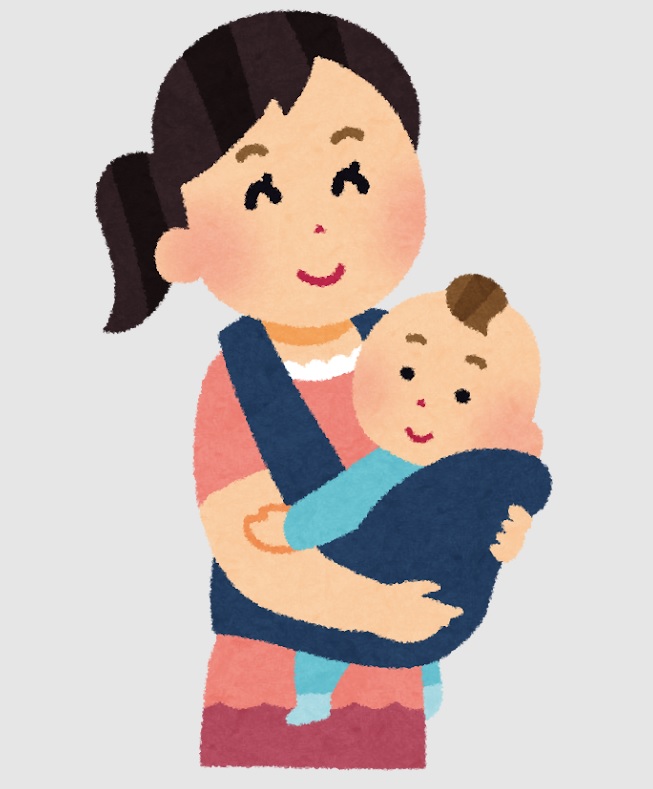
子供が出来るとそれも厳しい。
ではどこを削るのか?
やはり

バケツの穴の大きい所からふさいでいく
という事が重要です。
大きい固定費の所から削っていく。
小さい支出を見直すというのは
効果が薄いんですよ。
あまり細々した節約は面倒だし
続かないんですよね。
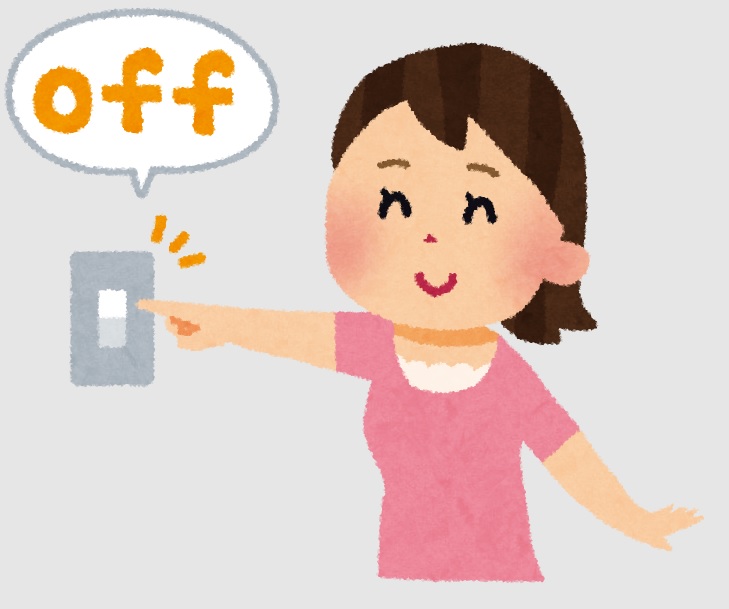
とか

とか
大事なんですけど
時間単価から考えると合わないし
やはり手間なので
面倒くさくなって続かないですね。
その割に効果が薄い。
なので
気持ちが寂しくなるような節約の仕方とか
あまり手間のかかる節約の仕方は

続かないのでダメですね。
人生が充実しません。
確かに安いかもしれないけど
安価な食材ばかり買って
安い店ばかり選んで・・・
だと
心が寂しくなっちゃうじゃないですか。
だからあまりその辺は
無理にやる必要はありません。
(明らかに浪費しすぎな人は
抑える必要がありますが・・・)
以前にもお話ししましたが
改善して手取り30万円の家庭であれば
家賃 7万円
保険 0.5万円
交通費 1万円
携帯 0.5万円
などは
決して無理な数字ではありません。
家賃を値下げ交渉したり
いらない保険を解約したり。
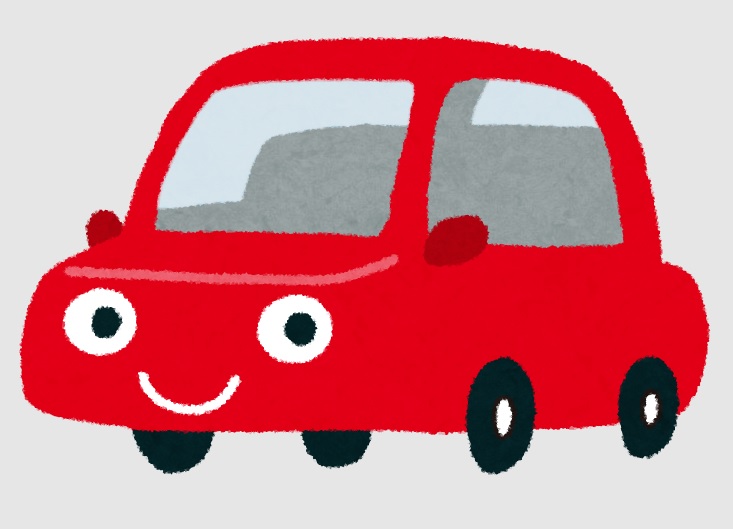
車を手放したりというのもありますが
地方在住で車が手放せない人もいます。
ただその分家賃が安くなるので
トータルでは
一緒になってくるのではないでしょうか?
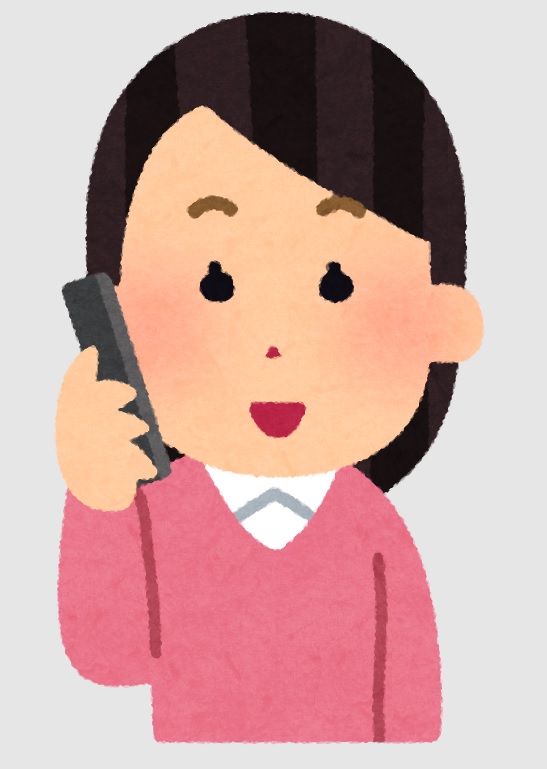
携帯を格安SIMにすることによって
固定費が削れます。
固定費を削る事は
最初一回頑張るだけで
かなり大きな節約効果があります。
その後の生活の質については
さほど変わってないですよね?
車の部分以外は
そんなに変わってないですよね?
この状態であれば
大きな所を削っただけで

5万円貯金ができるようになる。
仮に
10万円固定費を削減出来たら
13万円給料が上がったのと一緒
もしくは
税金や社会保険などを考えると
それ以上の効果が有ります。
ただし
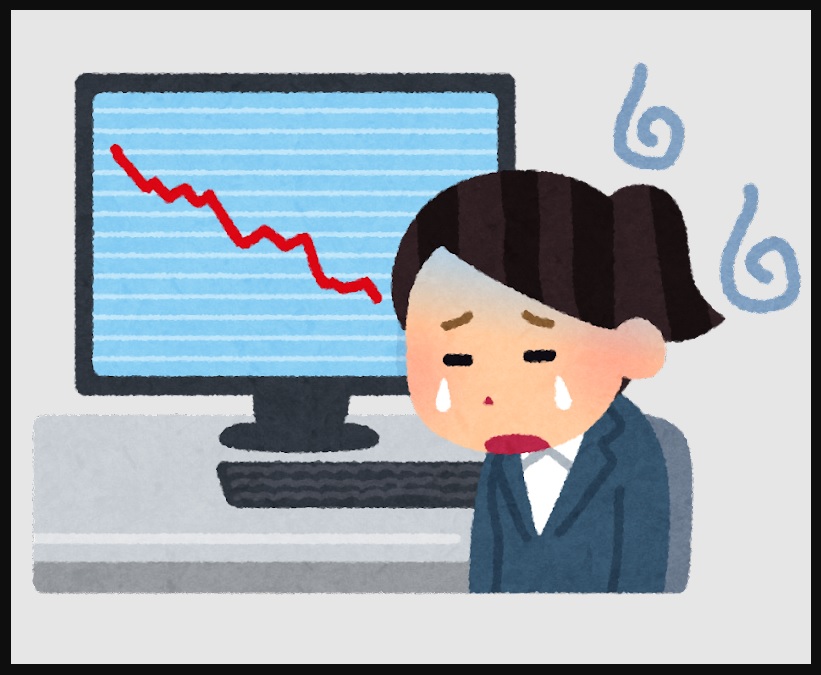
何でもかんでも下げればいい
という訳ではありません。
固定費や支出を削ると言うと
心が寂しくなったりするものなんかは
あまり良くない。
それから
未来につながる自己投資のお金は

ケチケチしないようにしましょう。
・書籍代
・仕事道具
・パソコン
・スマートフォン
特にパソコンやスマートフォンは
情報にアクセスするためのものです。
今の時代は情報がすごく大事なので
・スマホがボロボロ
・パソコン持ってない
という状態で
情報にアクセス出来ない状態だったら
ドンドン差がついてしまいます。
〜〜〜つづく〜〜〜
Special Thanks college president Ryo.

●おまけ
≪≪Chat-GPTくんによる要約→perplexityちゃんによる文章まとめ≫≫
お金を貯めるためには、まず自分の支出を正確に把握し、見直すことが大切です。1ヶ月分でも良いので、固定費と変動費を細かく洗い出しましょう。
固定費は家賃や保険、携帯代など毎月必ずかかる費用で、変動費は食費や交際費、雑費など月によって変わる出費です。貯金ができない人は、何にどれだけ使っているか把握できていないことが多いため、まずは支出を明確にすることが重要です。見直しのポイントは、細かい節約よりも大きな固定費の削減にあります。
例えば、家賃の交渉や不要な保険の解約、格安SIMへの変更などで大幅な節約が可能です。こうした固定費の削減は一度行えば長期間効果が続き、生活の質を大きく損なうことなく貯金に回せるお金が増えます。
ただし、自己投資に関わる書籍代や仕事道具、スマートフォンなどは必要経費として大切にし、無理な節約は避けましょう。このように支出を見える化し、賢く固定費を減らすことが、お金を貯める最短ルートです。
Citations:
[1] https://www.keiyobank.co.jp/individual/column/asset/202204001.html
[2] https://www.77bank.co.jp/financial-column/article17.html
[3] https://www.orixbank.co.jp/column/article/169/
[4] https://www.fp.au-financial.com/media/kakei/article-010.html
[5] https://fp.moneyforward.com/articles/11
≪≪Chat-GPTくんによる英訳≫≫
~ Continuation from the previous part ~
【If you want to save money – this is the shortest route (continued)】
—
Solution (2): Understand and review your spending
This is also extremely important.
It’s about knowing how much you’re spending on what.
Even just tracking one month’s worth of spending is fine – but do it thoroughly.
You need to identify and separate fixed expenses and variable expenses.
a) Fixed Expenses
These are things you pay for every month without fail:
Rent
Mobile phone bill
Internet
Insurance
Car
Utilities (water, electricity, gas)
These are the unavoidable monthly costs.
—
b) Variable Expenses
These are costs that occur every month but can vary in amount:
Food
Socializing
Clothing
Miscellaneous
Especially for miscellaneous expenses, further breakdown is needed:
For example, books – list them clearly.
—
Even if it’s just for one month, list everything and review it carefully.
Many people who say they can’t save money simply don’t know where their money is going.
> “Huh? Did I really spend that much?”
That kind of surprise is common.
Even when you ask someone who struggles to save where their money goes, they often can’t clearly answer:
“How much on this?”
“How much on that?”
That’s why it’s essential to break down and review your expenses.
Then, reduce spending.
Review one month of spending, understand where your money is going, and start cutting costs.
Focus especially on reducing large fixed expenses.
—
Example: Household with a net income of ¥300,000
Here’s a sample case to illustrate where cuts can be made:
Rent: ¥70,000–¥90,000
Insurance: ¥20,000–¥50,000
Car: ¥30,000–¥50,000
Mobile phone: ¥10,000–¥20,000
Food: ¥60,000
Utilities: ¥20,000
Clothing: ¥20,000
Beauty & hygiene: ¥20,000
Entertainment/socializing: ¥20,000
Total: ¥300,000–¥400,000
This exceeds the income, so often the wife works part-time to cover the gap.
But with kids, that becomes hard too.
So the question is: Where can you cut?
You should start by plugging the biggest holes in the bucket – the big fixed expenses.
Reviewing small daily costs has less impact.
—
For example:
> “Let’s turn off the lights more often.”
> “Let’s buy cheaper ingredients to save on groceries.”
While these are important, the return on time invested is low, and they’re a hassle. So people get tired and stop.
Plus, the effect is minimal.
—
So, if your cost-saving methods make you feel emotionally deprived or take too much effort, they usually don’t last.
And life doesn’t feel fulfilling.
Sure, buying cheap food or always choosing the lowest-priced stores might save money, but… it can make you feel empty inside.
That’s why you don’t need to overdo it.
(That said, people who are clearly overspending should definitely scale back.)
—
As I mentioned before, in a household earning ¥300,000 (after tax), a realistic budget could look like this:
Rent: ¥70,000
Insurance: ¥5,000
Transportation: ¥10,000
Mobile phone: ¥5,000
These are not unreasonable figures.
You can negotiate rent, cancel unnecessary insurance policies, etc.
Letting go of a car is an option too – though in rural areas, some can’t live without one.
But in such places, rent tends to be lower, so it may balance out overall.
Switching to a low-cost SIM plan is another good way to reduce fixed expenses.
—
Reducing fixed costs often only takes one-time effort, but brings long-term savings.
And your quality of life doesn’t change much, right?
Except maybe for the car – not much really changes.
In that case, just by cutting big-ticket items, you could save ¥50,000 per month.
If you manage to cut ¥100,000 in fixed costs, that’s the equivalent of getting a ¥130,000 raise – or even more when you account for taxes and social insurance.
—
However, that doesn’t mean you should cut everything indiscriminately.
When cutting fixed expenses or spending, don’t cut the things that affect your emotional well-being.
Also, never skimp on money that goes into future growth and self-investment, like:
Books
Work tools
A computer
A smartphone
Especially computers and smartphones – these are gateways to information.
And in today’s world, access to information is incredibly important.
If you have:
A broken phone
No computer
…you can’t access information – and the gap between you and others will keep growing.
Special Thanks OpenAI and Perplexity AI, Inc
